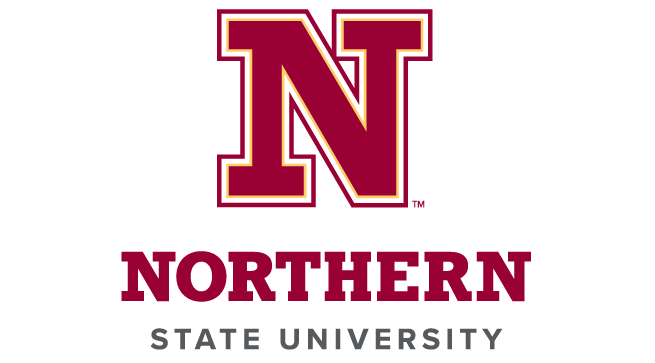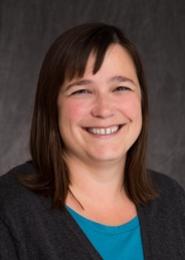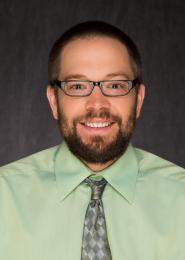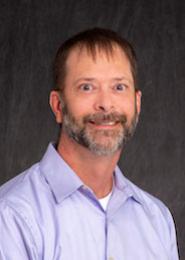Are you fascinated by the living world around you? Then Northern’s biology department is the place for you! We offer a comprehensive undergraduate degree that will provide you with a strong foundation in both the theoretical and practical aspects of biology.
We offer a comprehensive undergraduate degree that will provide you with a strong foundation in both the theoretical and practical aspects of biology. Our curriculum covers a wide variety of subjects including genetics, molecular biology, ecology, evolution, zoology, botany, and physiology. With its emphasis on scientific inquiry and hands-on experience, a biology degree from Northern prepares you to tackle complex biological challenges and contribute to advancements in science and medicine.
Offered On Campus
122 Credit Hours
Estimated Time to Complete: Four Years
Sample Coursework
General Biology
Principles of Ecology
General Chemistry
Microbiology
Cell and Molecular Biology
Genetics
Plan Systematics
Vertebrate Zoology
Related Minors
Chemistry
Criminal Justice
Data Science
Geographic Information Science
Health
Mathematics
Psychology
Science Education
Similar Programs
Biotechnology
Biochemistry
Chemistry
Environmental Science
Mathematics
Nursing
Pre-Engineering
Pre-Medicine
Immerse Yourself in Research
Science Education Alliance's PHAGE Hunters Advancing Genomics and Evolutionary Science (SEA-PHAGES), allows science students to immerse themselves in research as part of a long-term, collaborative, research partnership between Northern State University and the Howard Hughes Medical Institute (HHMI), which started in spring 2018. The program involves research surrounding bacteriophage hunting designed to provide undergraduate students with real-world, publishable research opportunities. Northern is the only school in South Dakota accepted into the HHMI, which will provide new and far-reaching collaborative interactions with universities and industries on a global scale. This collaboration has already led to several peer-reviewed publications and is anticipated to provide additional opportunities for undergraduate research every year.
Scholarships
Northern State University Offers several scholarship options to make your tuition affordable.
Additional School of Arts and Sciences and NSU scholarships, such as the WolfPACT Unleashed Scholarship, are available to incoming freshmen and returning students.






